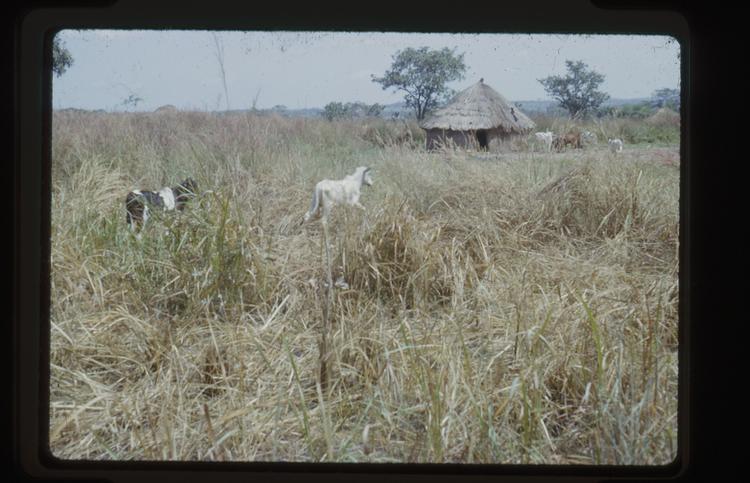
Community Commentary by Ajetunmobi within research project: 'Rethinking Relationships and Building Trust around African Collections' 2021
Fulani is one of Nigeria’s ethnic groups. The Fulani originated from the Fouta Djallon axis of the former Senegambia area. The Fulani are predominantly nomadic people with their occupation being the pastoralism. They are also predominantly Muslim. In the early nineteenth century, Uthman dan Fodio led a Jihad in northern Nigeria (Hausa land). His jihad was successful and he thoroughly rallied peasants and other Fulani under his banner to overthrow the Hausa lords and established new emirates. By the mid-nineteenth century, Fulani jihadists had spread to some southern kingdoms just at the bank of the River Niger, like Ilorin, Oyo, Auchi, Afemai, Akoko, Kogi, Nupe etc. The waves of Fulani to a declining Oyo empire in the nineteenth century led to the collapse of the mighty empire that had existed for over four centuries. The conquest of Ilorin, a Yoruba town, by the jihadists also led to further infiltration of Fulani into Northern Yoruba land especially, Oke-Ogun, Ogbomosho and Oyo. The Fulani have become a strong part of the forests of the Oyo land as they attempt to graze their cattle.
As seen in the picture above, the Fulani build huts in the forests of their hosts in a quest to feed their animals. The picture shows shows the large expanse of land they claim. They use this space as grazing field for their animals and even claim ownership in some cases. An Oyo farmer says that in present time, if the grazing field is not enough, they tend their animal to farmlands and allow them to graze on the crops.
The nomadism of the Fulani means they will trespass into people’s farmland. In the quest to provide pastures for their animals, they also destroy the farms of many farmers. This in the past had occasionally led to clashes between farmers and herders. These confrontations have exacerbated in recent times, which has led to unprecedented cases of killings from both sides. It has degenerated into ethnic communal clashes within states that include Oyo, Ogun, Ondo, Kogi, Benue and Ebonyi among others.



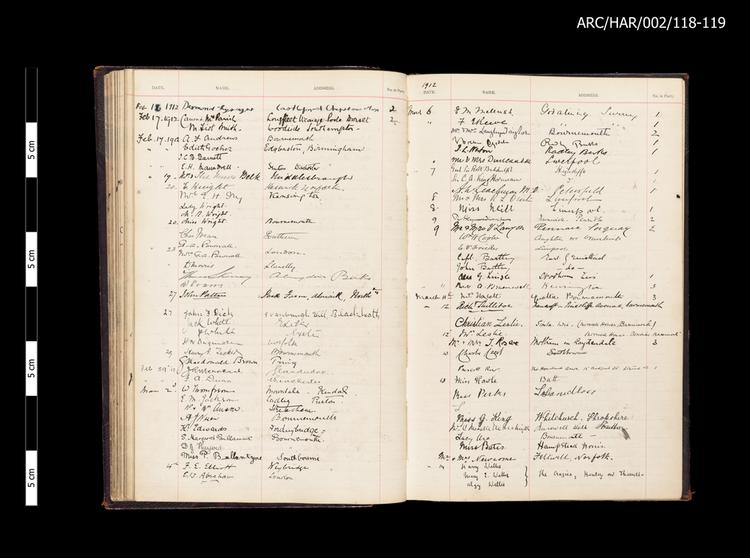
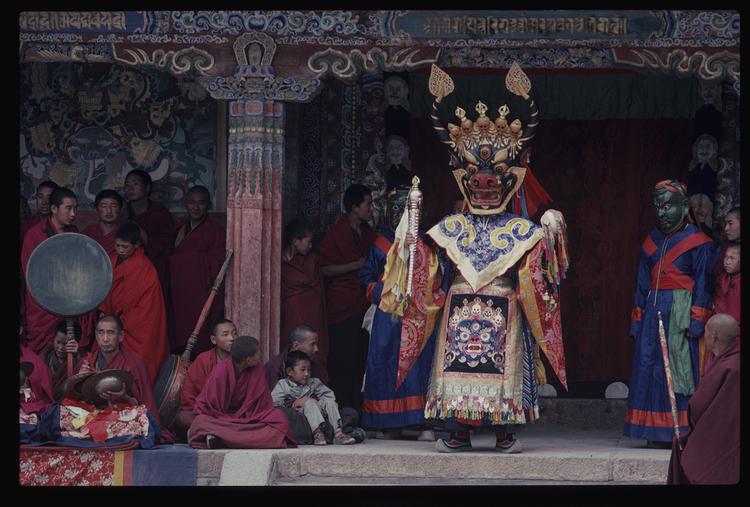
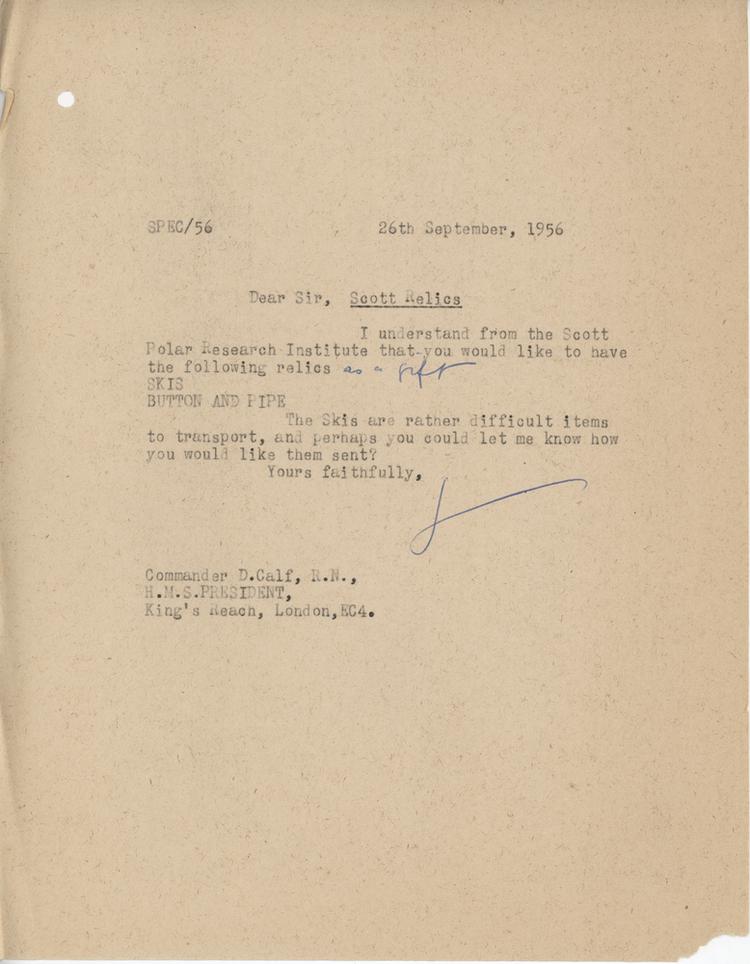
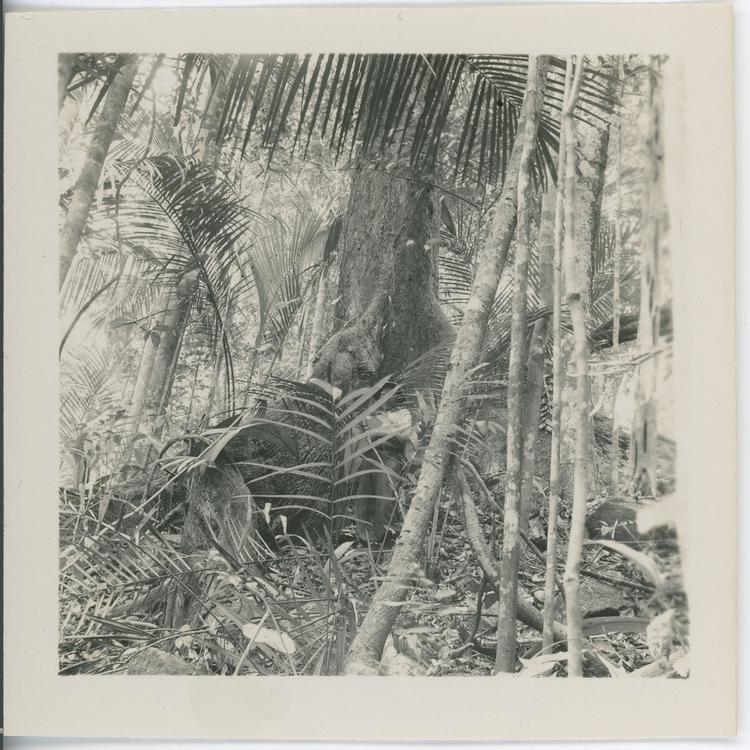
Community Commentary